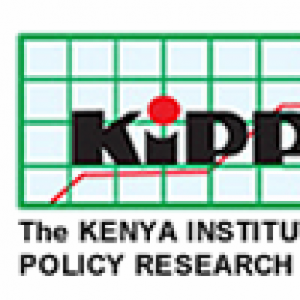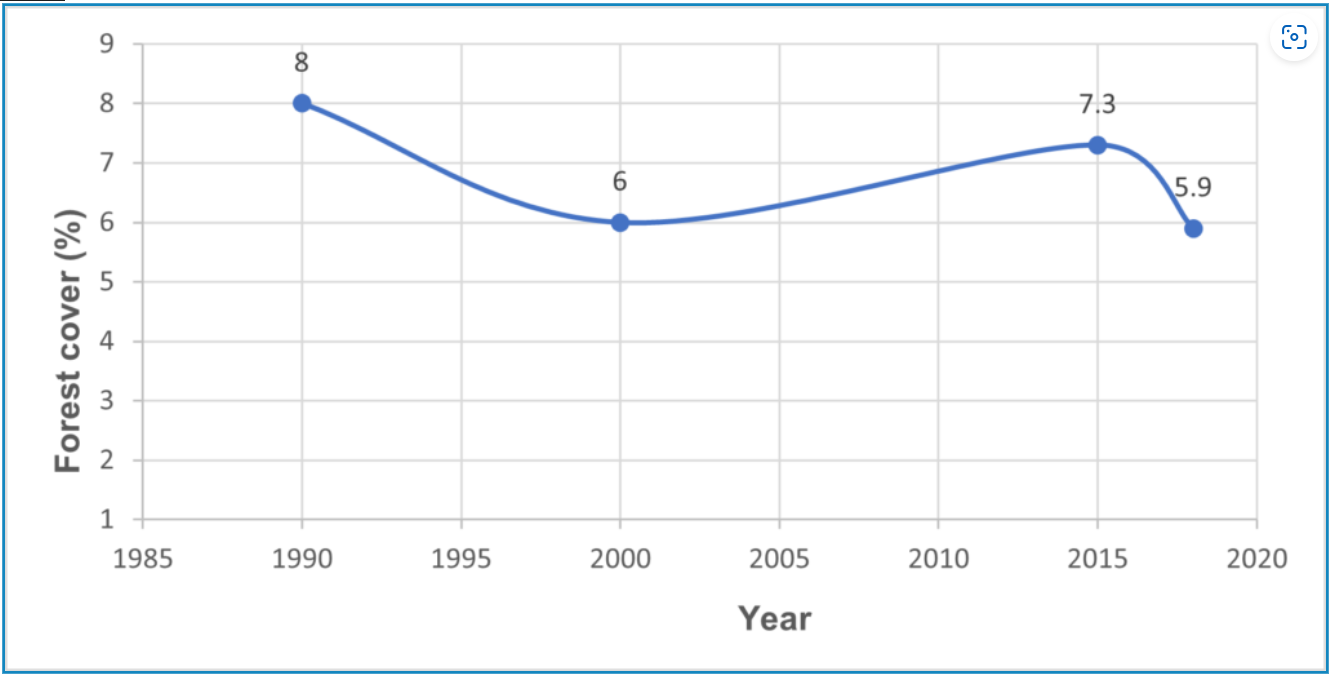The ‘Big Four Agenda’ is President Uhuru Kenyatta’s legacy project that he committed to execute by the time he exits office in 2022. He came up with the idea of the Big Four Agenda immediately he assumed office as the President for his second term. The project directly relates to Kenya’s Vision 2030. The President has promised to dedicate energy, time and resources to ensure the success of the projects. The four pillars include food security and nutrition, Affordable housing, Manufacturing, Universal health care and job creation.
The agenda will ensure that an ordinary Kenyan is employed or has a reliable source of livelihood, owns a home, has enough food and is able to access universal health care.
EFFECTS OF CORONA VIRUS (COVID 19)
The outbreak of a novel Corona Virus disease in China quickly morphed into a global pandemic, threatening the world economy. In December 2019, China alerted the World Health Organization (WHO) to a rising number of cases of unusual pneumonia in Wuhan, a port city of 11million people in central Hubei city. On third March 2020, the fist case of COVID-19 was reported in the country (Kenya).
The government made quick decisions in order to combat the spread of the disease through: 1. Prohibiting public gatherings. 2. Closing bars and restaurants. 3. Work from home directives and dusk to dawn curfews which have resulted in reduced working hours with some institutions especially MSMES with unstable cash flows, having to lay off workers or at least requiring them to take unpaid leave for unspecified period of time. This has resulted in declining incomes and has adversely affected aggregated demand.
Kenya is among the top ten most vulnerable economies to COVID 19 due to its interconnectedness with China and the fact that it is not well equipped to address the impact of the health pandemic and also having a bigger debt among other notable reasons.
Kenya Has Potential to Achieve Food Security
Food security refers to having access to quality food, healthy and nutritious food all the time. Due to COVID 19, the current world’s state, many people have been placed in a situation where they live without the assurance of the next meal. Food availability and accessibility has become a greater challenge to many people not only in Kenya but globally due to covid 19. Agriculture remains the backbone of our economy not only through the provision of food to the increasing population but also through the creation of jobs for millions of people across the globe. This has been affected by COVID 19 both directly and indirectly.
The pandemic came at a time when food security and our food systems were already under strain due to; conflict, natural disasters, climate change and the arrival of pests and plagues on a transcontinental scale preceded by COVID 19 and were already undermining food security in many contexts. For example, in East Africa people have a triple menace of mutually exacerbating disasters like ongoing heavy rains which hampers attempts to deal with swarms of locusts in the midst COVID 19 outbreaks. Meanwhile, the worst locust crisis in decades threatens crops heading?? into the harvest period.
Thus, this means that food security sector has not only been affected by COVID 19 pandemic but by a variety of causes but with COVID 19 carrying a greater weight.
The government can achieve this through adopting the following policies
- The government should strengthen resilience among the people, communities and systems. Building a resilience helps the people, households, communities and systems to mitigate risk and manage shocks and stresses without compromising their food security, nutrition, livelihoods and well being especially among marginalized groups and underrepresented groups.
- The government should use an ambitious approach to climate change. To address the immediate and long-term impacts of climate change underpins the achievement of all the global food security strategy (GFSS) objectives. The government should; Improve water resources management, B the government should reduce degradation of carbon- rich ecosystems and increase carbon storage
- The government should ensure Integration of Conflict Mitigation, Peace building and Social cohesion. Therefore, integrating social, political and local dynamics within our programming is integral to supporting linkages and coordination between humanitarian and development programming that improve food security and nutrition outcomes and build resilience.
- The government should create both a regulatory and an enabling environment by developing regulations for fair and effective performance in all sectors involved in the agribusiness value chain are actively involved makes it easier to produce high-quality food and transport to where demand is, thus increasing accessibility at affordable price.
- The government should set urgent policies that will keep checking the price of agricultural produces as most of the businesses in the food supply chain are taking advantage of high demand and low supply to overprice basic agricultural products.
- The government should increase access and efficiency of multi-use affordable irrigation systems especially in small scale schemes and multiple use where appropriate.
- The government should support research and implement policies, practices and technologies that best advance sustainable agricultural productivity, food security, resilience and nutrition through effective natural resource management and biodiversity conservation including sustainable fisheries management.
- The government should consider fiscal and monetary incentives. The government should consider setting up incentives such as lifting VAT tax, duties and other taxes imposed on food businesses to enable the supply chain to continue to function properly without any huge interruption. The government should consider extending concessional loans and loan guarantee facilities to food actors who may need it to ensure the supply chain is running smoothly.
- The government needs to provide subsidies and cut taxation costs on basic food products. This will lower the costs of these products hence making it accessible to people. In addition, despite curfew and lockdown, the government agencies should put in place measures to ensure agricultural products are transported to the markets at the right time. Market accessibility will create markets for farmers’ products thus sustaining their earnings and at the same time making food available to the people.
- The government should support sustained investment in holistic water management to support food systems by strengthening public finance and developing the private sector and civil society partnerships.
- The government should prioritize the needs of women and gender equality. Gender inequality is still rampant in our country and this pandemic could exacerbate the problem. When it comes to food security, women play a significant role in food production as well as transformation and food preparation. The government should therefore ensure that all measures and policies are gender-sensitive and do not further widen the gap. Social protection services should continue to operate and ensure sensitization against gender-based violence which is at the risk of increasing with the social distancing and shelter-in-place measure.
- The government should enhance an inclusive and resilient food systems approach that prioritizes meeting the nutritional needs of low-income producers and consumers including both terrestrial and aquatic foods
- Through feed the future initiative, the government should commit to strengthening and expanding national social protection policies and programs to drive and sustain investments in human capital, food security, nutrition, resilience and inclusive economic growth.
By Amai Georgina, a student of Jaramogi Oginga Odinga University of Science and Technology





